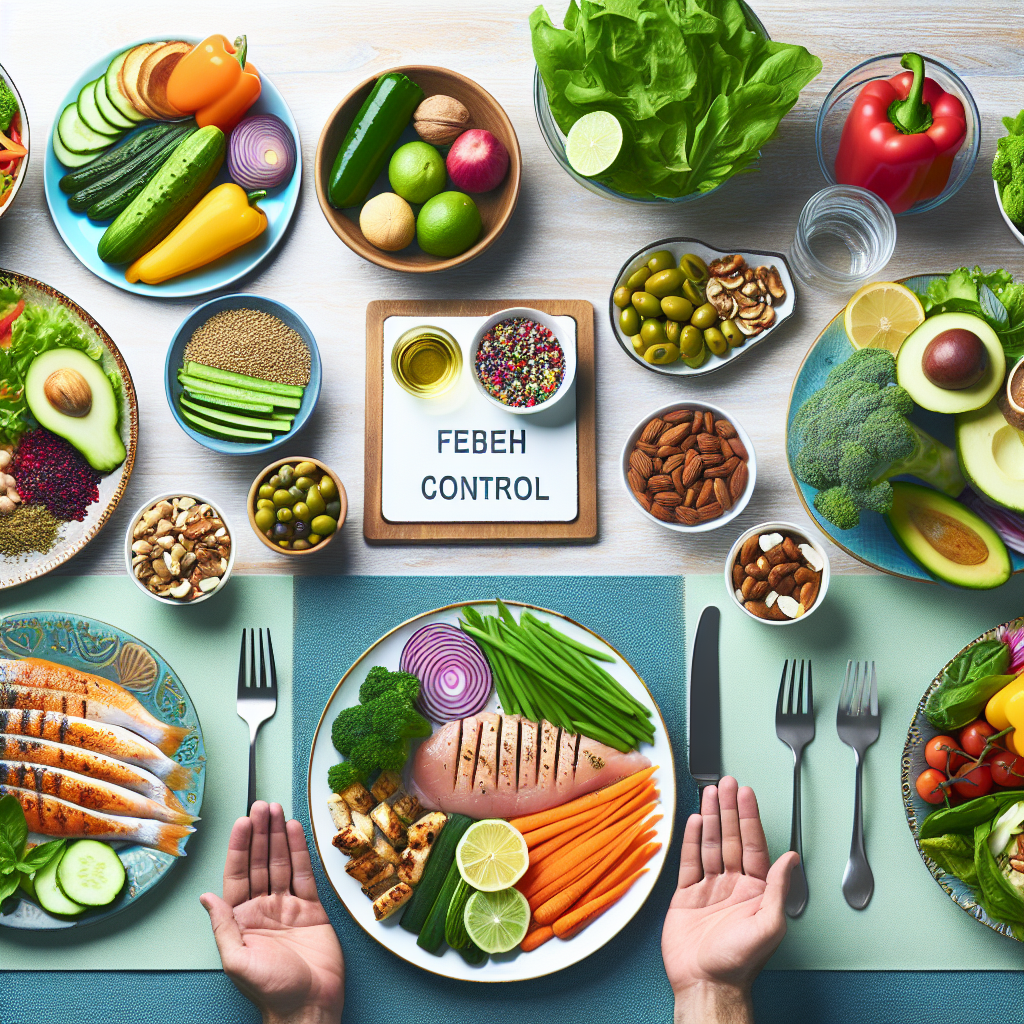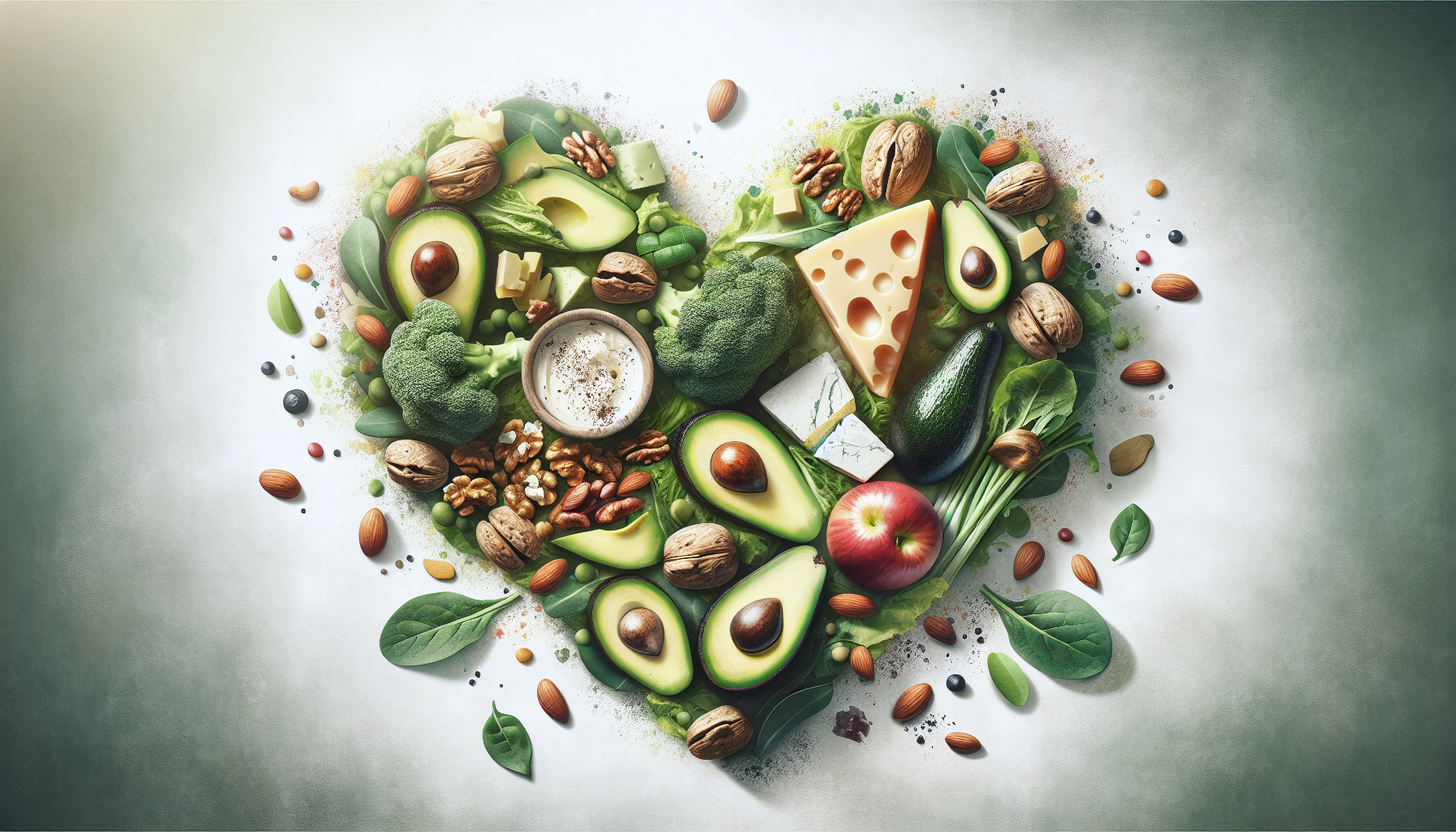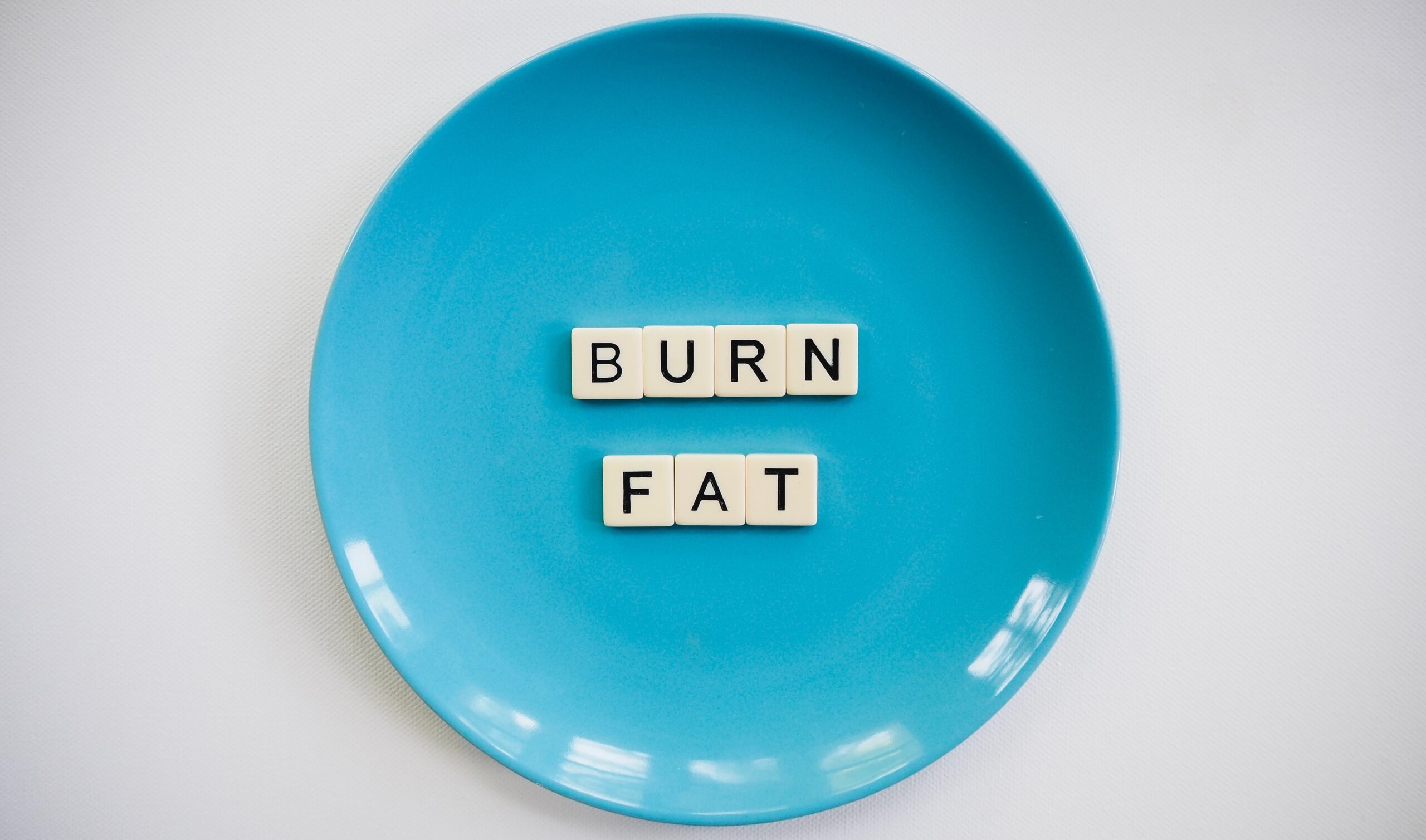If you’re looking to shed some pounds and achieve your fat loss goals, you may have wondered about the role of protein in your diet. Whether you’re a fitness enthusiast or just starting your weight loss journey, understanding how much protein to consume can make a significant difference. In this article, we’ll explore the importance of protein for fat loss and provide you with helpful insights on the ideal amount of protein you should be eating to maximize your results. So, get ready to fuel your body properly and unlock the secret to effective fat loss.
What is protein?
Definition of protein
Protein is a macronutrient that is essential for the growth, repair, and maintenance of cells in the body. It is made up of amino acids, which are the building blocks of protein. There are 20 different amino acids that can be combined in various ways to form different proteins. Protein is found in both animal and plant-based foods, and it plays a vital role in various bodily functions.
Importance of protein in the diet
Protein is crucial in maintaining a healthy diet for numerous reasons. Firstly, it is responsible for building and repairing tissues, including muscles, organs, skin, hair, and nails. It is involved in the production of enzymes, hormones, and antibodies, which are essential for normal bodily functions and a strong immune system. Additionally, protein is important for the transportation of nutrients and oxygen in the blood. It also provides energy, although it is not the body’s primary source of fuel. Overall, protein is a fundamental component of a balanced diet and is necessary for maintaining optimal health.
Protein and fat loss
Protein’s role in fat loss
When it comes to fat loss, protein plays a significant role. Increasing protein intake can help preserve lean muscle mass while promoting fat loss. This is because protein has a higher thermogenic effect compared to carbohydrates and fats, meaning that it requires more energy to digest and absorb. As a result, the body burns more calories during the digestion process, contributing to an increased metabolic rate and potentially aiding in weight loss.
Effect of protein on metabolism
Protein has been shown to have a positive impact on metabolism, particularly when it comes to fat loss. Research suggests that consuming a higher percentage of calories from protein can increase the thermic effect of food and boost calorie expenditure. This means that your body will burn more calories while processing and metabolizing protein compared to other macronutrients. Additionally, protein helps to preserve lean muscle mass, which can further support a higher metabolic rate and promote fat loss.
Protein’s impact on appetite and satiety
One of the reasons protein is beneficial for fat loss is its effect on appetite and satiety. Protein-rich foods tend to be more filling and satisfying than foods high in carbohydrates or fats. This is because protein takes longer to digest, reducing hunger and cravings and helping to control portion sizes. By including protein in your meals and snacks, you can feel fuller for longer, which may ultimately lead to a reduced calorie intake and support weight loss efforts.
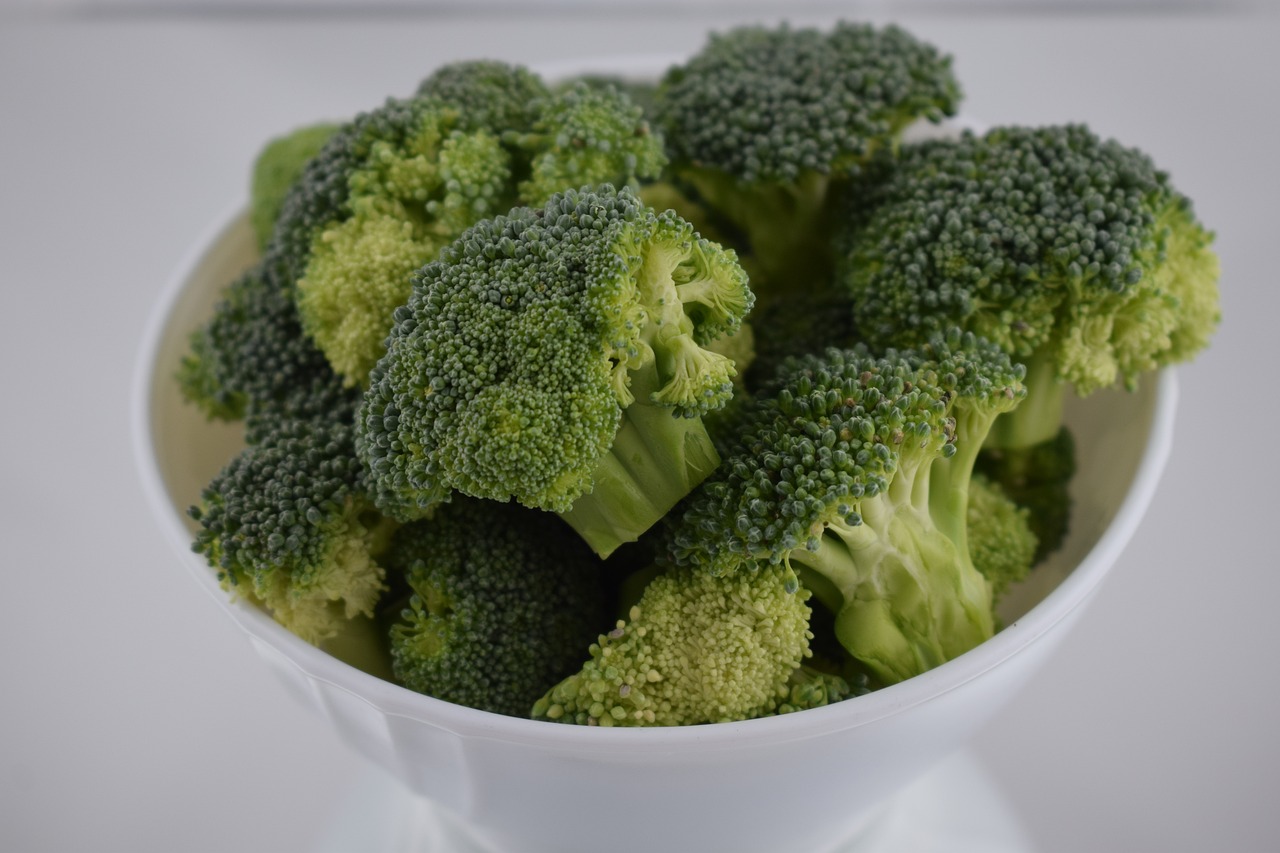
Recommended protein intake
Factors influencing protein requirements
Several factors can influence an individual’s protein requirements, including age, sex, weight, physical activity levels, and overall health goals. Generally, athletes, those looking to build muscle, and individuals on a weight loss journey may require higher protein intakes than sedentary individuals. Older adults may also benefit from increased protein intake to support muscle maintenance and prevent age-related muscle loss.
Calculating protein needs
To determine your protein needs, it is recommended to aim for a certain amount of protein based on your body weight. The general guideline for sedentary individuals is to consume approximately 0.8 grams of protein per kilogram of body weight. However, if you are physically active or aiming for fat loss, you may benefit from increasing your protein intake to 1-1.5 grams per kilogram of body weight. It is important to consult with a healthcare professional or registered dietitian to determine the appropriate protein intake for your specific needs.
Recommended protein intake for fat loss
When it comes to fat loss, increasing protein intake can be beneficial. Consuming a higher percentage of calories from protein, typically around 25-30%, can help promote fat loss while preserving lean muscle mass. This higher protein intake helps to support a higher metabolic rate and reduce the loss of muscle mass that can occur during periods of calorie restriction. Additionally, the increased satiety and appetite control provided by protein can contribute to successful weight loss efforts.
Quality of protein
Complete vs. incomplete proteins
Proteins are classified as complete or incomplete based on their amino acid composition. Complete proteins contain all essential amino acids in adequate amounts, while incomplete proteins lack one or more essential amino acids. Animal-based protein sources, such as meat, poultry, fish, eggs, and dairy, are complete proteins. On the other hand, most plant-based proteins, like legumes, grains, and vegetables, are incomplete proteins. However, it is possible to combine different plant-based protein sources to create a complete amino acid profile.
Sources of high-quality protein
Including high-quality protein sources in your diet is essential for meeting your protein needs. Animal-based sources, such as lean meats, poultry, fish, dairy, and eggs, are excellent options. These protein sources not only provide all essential amino acids but also contain vital nutrients like iron, zinc, and vitamin B12. Plant-based protein sources, such as legumes, tofu, tempeh, quinoa, and hemp seeds, can also be great choices. By incorporating a variety of protein-rich foods into your diet, you can ensure you are getting all the necessary amino acids.

Timing of protein intake
Pre-workout protein
Consuming protein before a workout can be beneficial for muscle growth and recovery. By providing your body with amino acids, the building blocks of protein, before exercise, you can enhance muscle protein synthesis and increase muscle protein turnover. This can promote muscle repair and growth as well as optimize recovery from exercise. Examples of pre-workout protein sources include a protein shake, Greek yogurt, or a small portion of lean meat or fish.
Post-workout protein
Consuming protein after a workout is crucial for muscle recovery and growth. During exercise, muscle tissues undergo stress and micro-tears, and consuming protein post-workout helps repair and rebuild these muscles. Protein also helps replenish glycogen stores, which can aid in recovery and optimize performance for future workouts. Aim to consume a combination of protein and carbohydrates within 30-60 minutes after exercise. Good post-workout protein sources include whey protein, lean meats, fish, or plant-based options like tofu or lentils.
Protein distribution throughout the day
To maximize the benefits of protein, it is important to distribute your protein intake throughout the day. Research suggests that spreading protein intake evenly across meals may enhance muscle protein synthesis and support muscle maintenance and growth. Aim to include a source of protein in each meal and snack, such as eggs, yogurt, nuts, or lean meats. By doing so, you can ensure a consistent and adequate supply of amino acids, promoting optimal protein synthesis.
Potential risks and considerations
Potential risks of consuming too much protein
While protein is an important nutrient, it is essential to consume it in moderation and not exceed your individual protein needs. Consuming excessive amounts of protein can put strain on the kidneys due to increased nitrogen waste production. This may be of concern for individuals with pre-existing kidney conditions. Additionally, very high protein diets may lead to nutrient imbalances if other essential nutrients are not adequately consumed. It is important to strike a balance and consult with a healthcare professional or registered dietitian to ensure you are meeting your protein needs without excessive intake.
Considerations for specific dietary restrictions
Individuals with specific dietary restrictions, such as vegans or those with lactose intolerance, may need to pay extra attention to meeting their protein needs. Plant-based protein sources can be a great option for vegans, including legumes, tofu, tempeh, and plant-based protein powders. For those with lactose intolerance, lactose-free dairy products or dairy alternatives like almond milk can be incorporated. It is important to choose a variety of protein sources to ensure a complete amino acid profile and meet individual dietary needs.
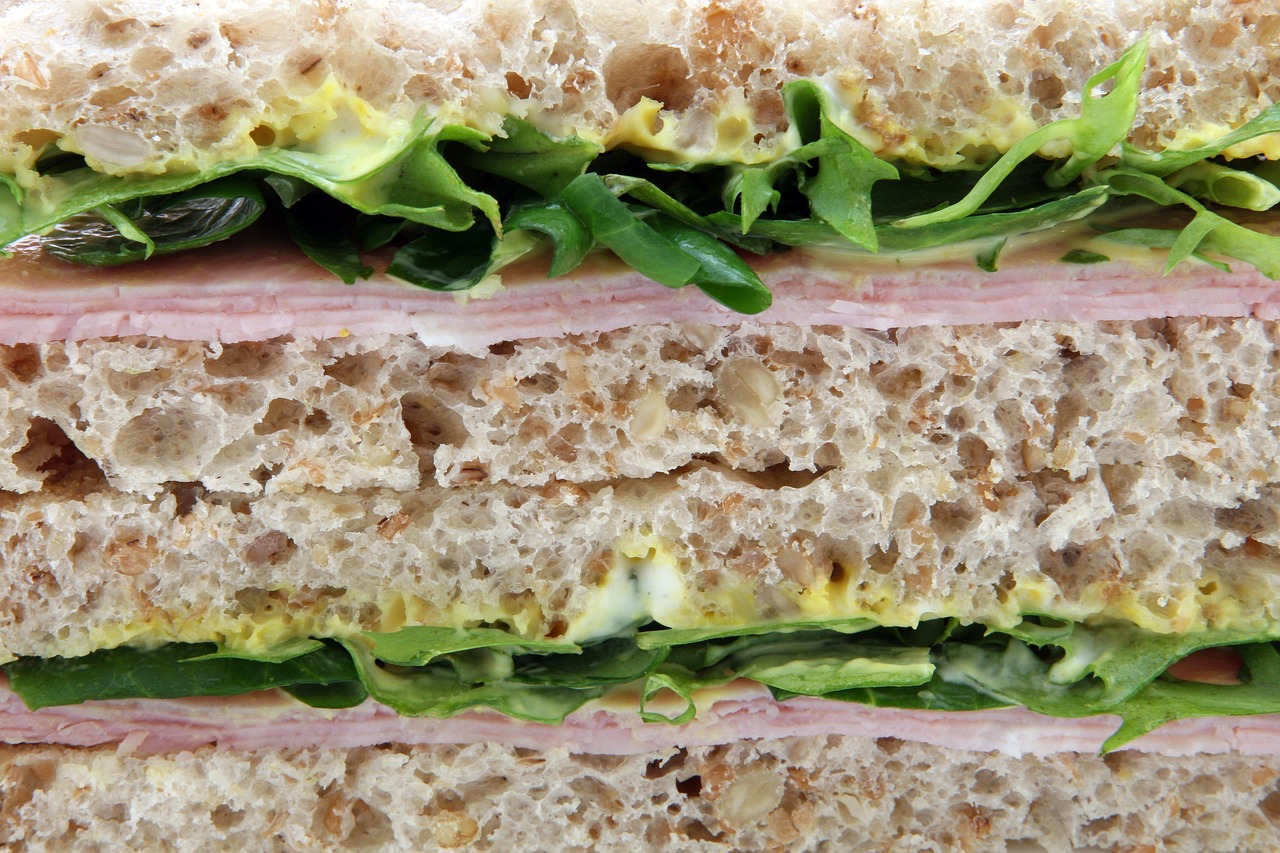
Benefits of protein in fat loss
Preservation of lean muscle mass
When on a weight loss journey, it is essential to preserve lean muscle mass. Increasing protein intake can help achieve this goal. Protein provides the necessary amino acids to support muscle protein synthesis, which is crucial for preserving and building lean muscle tissue. By preserving muscle mass during a calorie deficit, the body is more likely to prioritize burning stored fat for energy.
Increased thermogenesis
Protein has a higher thermogenic effect compared to carbohydrates and fats. This means that the body expends more energy to digest and absorb protein, leading to an increase in calorie expenditure. The thermic effect of protein can contribute to a higher metabolic rate, making it easier to create a calorie deficit and promote fat loss.
Improved body composition
Higher protein intake has been shown to improve body composition during fat loss. When combined with regular exercise, a higher protein intake can help reduce body fat while preserving or even increasing lean muscle mass. This can lead to a more toned and defined physique, as well as improved overall body composition.
Practical tips for increasing protein intake
Incorporating protein-rich foods into meals and snacks
Increasing protein intake can be achieved by incorporating protein-rich foods into your meals and snacks. Include lean meats, poultry, fish, eggs, dairy products, legumes, tofu, or tempeh in your meals. Add Greek yogurt, cottage cheese, nuts, or seeds to your snacks. By being mindful of including protein-rich options in your diet, you can easily increase your protein intake.
Using protein supplements if needed
Protein supplements can be a convenient option for increasing protein intake, especially for individuals with higher protein needs or those who struggle to consume enough protein through whole foods alone. Protein powders can be mixed into shakes or smoothies, providing a quick and easy way to boost protein intake. Whey protein, casein protein, plant-based protein powders, or even collagen protein are popular choices.
Meal planning and preparation strategies
Meal planning and preparation can play a significant role in increasing protein intake. Plan your meals in advance, ensuring that each meal includes a source of protein. Cook and portion meals in advance, making it easier to stick to your protein goals. Having protein-rich snacks readily available can also help prevent reaching for less nutritious options when hunger strikes. By being prepared, you can easily meet your protein needs throughout the day.
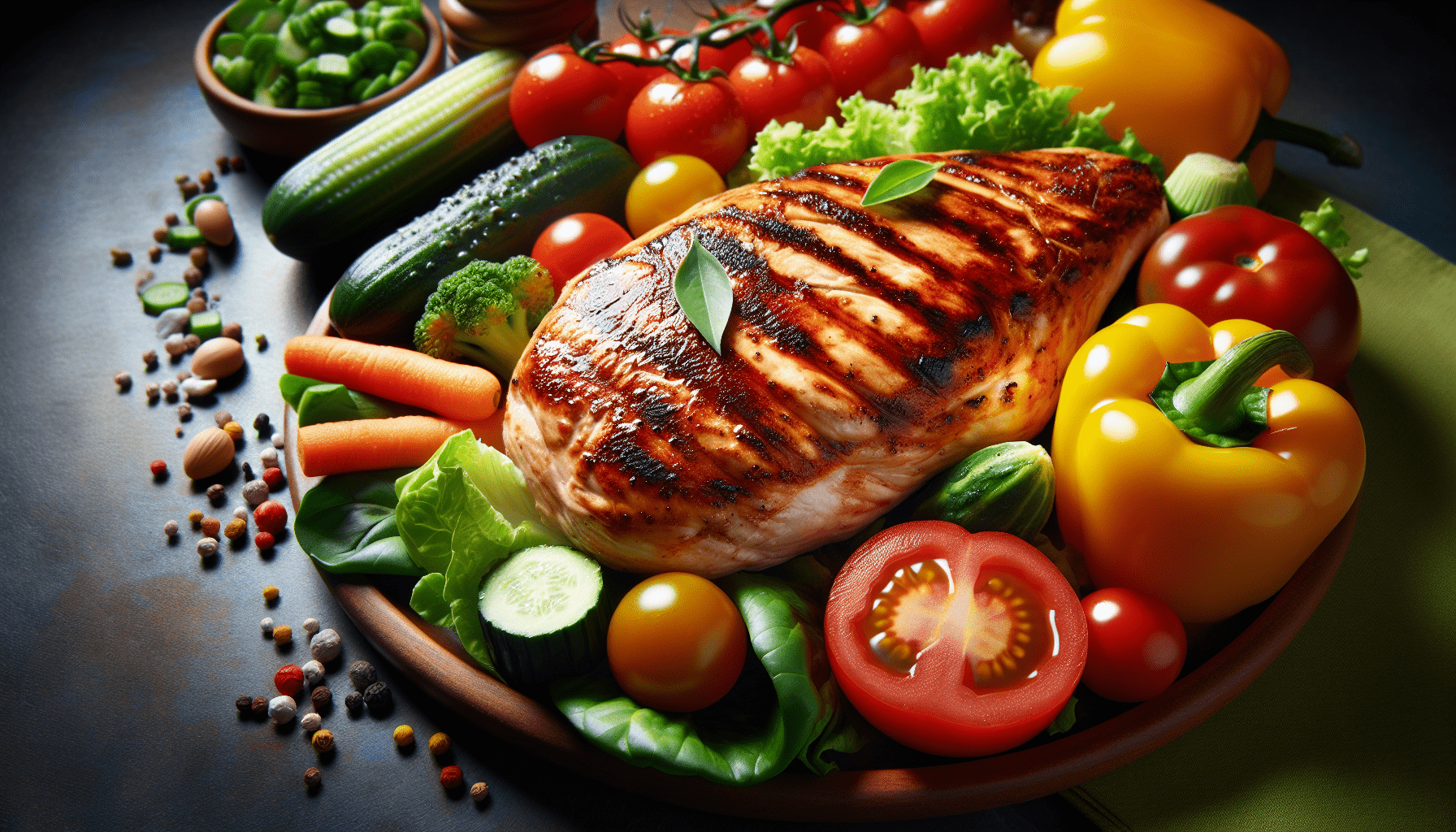
Tracking protein intake
Using food journals or mobile apps
Tracking your protein intake can be beneficial, especially if you are unsure whether you are meeting your specific protein needs. Food journals or mobile apps can help you keep track of the protein content in your meals and snacks. This can provide insight into whether you are consuming enough protein and make adjustments if necessary.
Knowing the protein content of common foods
Familiarizing yourself with the protein content of common foods can be helpful in meeting your protein goals. Educate yourself on the approximate protein content of different protein sources, such as meats, fish, dairy, and plant-based options. This knowledge can assist you in making informed food choices and meeting your protein needs.
Seeking guidance from a registered dietitian
If you are unsure about your protein needs or have specific dietary requirements, it is beneficial to seek guidance from a registered dietitian. A dietitian can assess your individual needs, provide personalized recommendations, and help you create a nutrition plan that aligns with your goals. They can also address any questions or concerns you may have regarding protein intake and fat loss.
Conclusion
Protein plays a crucial role in fat loss and overall health. Increasing protein intake can support fat loss by preserving lean muscle mass, increasing thermogenesis, and improving body composition. The recommended protein intake varies based on individual factors, and it is important to meet your specific protein needs. By incorporating high-quality protein sources into your meals and snacks, timing protein intake around workouts, and tracking your protein intake, you can optimize the benefits of protein for fat loss. Remember to consult a healthcare professional or registered dietitian to ensure individualized protein recommendations and support your overall health and wellness goals.

